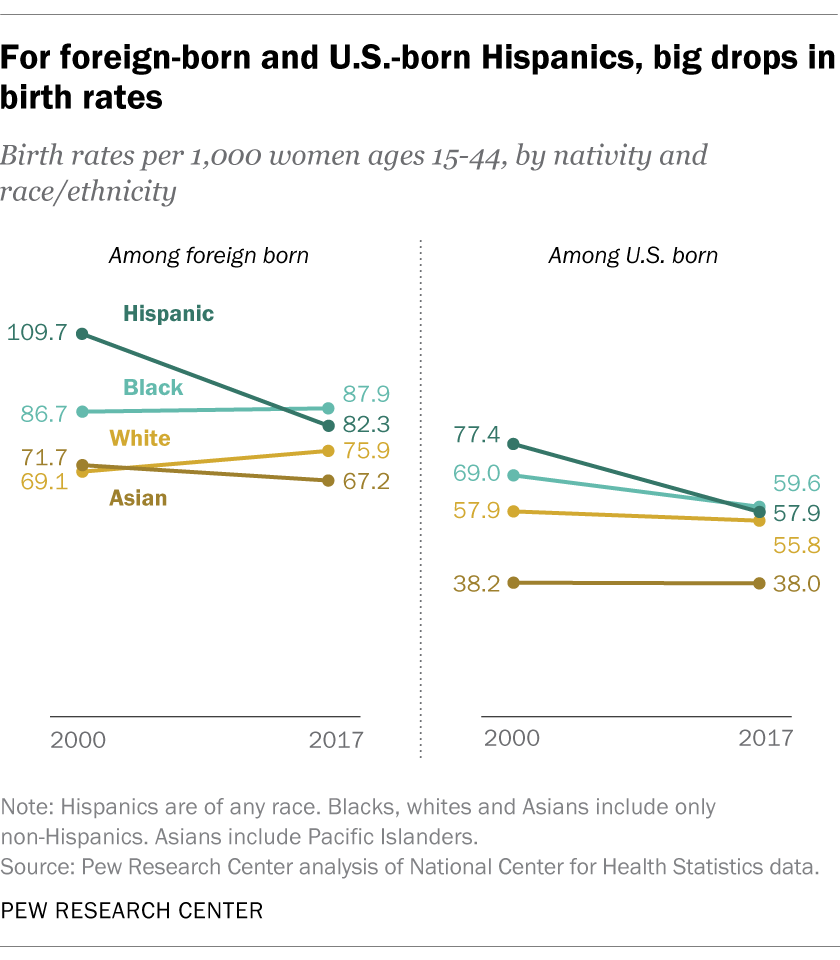You need young talent to carry out plans, do applied research and come up with the small innovations that build big innovations. Yes, you need them to be talent, but youth can't be underestimated. 40-50 year olds are generally not going to quit a stable middle manager job to go to a startup or do an astronomy PhD at CNSA.The bold part is the key, IMO. China is able to achieve what she has because there are more engineering & STEM graduates in China than anywhere else. Sure, it is nice to have a youthful population, but far more important is what they will be contributing to society. A large talent pool with limited top-tier job positions means that whomever fills those spots would be the cream of the crop when it comes to their discipline. You can bet that engineering careers in CAC or the Chinese space program or large Chinese AI startups are extremely tough to get precisely because there is more competition for those jobs.
Of course, there is also the challenge of retaining the brightest as well as re-attracting educated folk from abroad.
I don't think attracting overseas established talent is a high return on investment and think that the emphasis on doing this is a mistake and a sign of ossification of leadership. Established means they're typically not actually doing lab work or coding, they're managers. But you really can't manage your way into innovation.
It is not only STEM, art and media is that way too. I used to by mystified by how Americans were still listening to Beatles, Guns and Roses, etc and find superhero movies interesting after like 10 Marvel remakes. Then I realized they're all like 60 years old and basically only consume media from when they were 30 or younger. It takes a ton of active effort to maintain the attitude of a lifelong learner. And I can tell you now that everywhere, people will just not do it. It is simply easier to not innovate anymore. That is OK, as long as someone else is going to do it.




